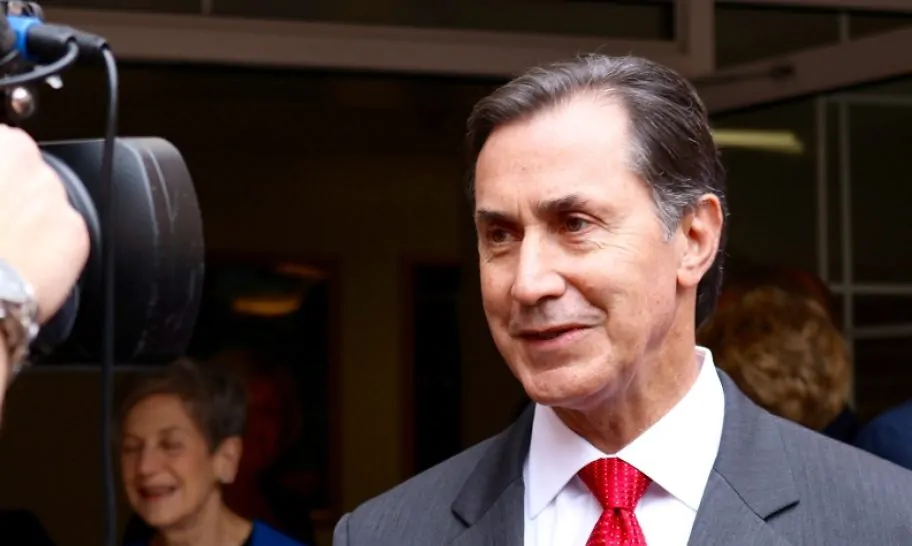Trade talks, tariffs, and retaliatory tariffs (both real and threatened) continue to dominate international news lines this summer. On Friday, Congressman Gary Palmer, R-Hoover, spoke on the issue in an email to constituents.
“On March 8, 2018, President Trump announced a 10 percent tariff on aluminum imports and a 25 percent tariff on steel imports,” Congressman Palmer said. “Since then, he has also implemented tariffs on many Chinese goods in response to what his administration has designated “unfair trade practices” under Section 301 of U.S. trade law. Tariffs that are broad in scope like these ultimately amount to an additional tax on consumers. I understand President Trump’s desire to protect American businesses, but I think the proposed tariffs could undo progress in manufacturing and increase product costs. I understand that some targeted tariffs are needed, but I also believe we can utilize our enormous energy resources to advance our economic interests.”
The U.S. Chamber of Commerce has also expressed their concerns about the Trump Administration’s trade policies.
“China, the EU, Mexico and Canada have already retaliated or announced plans to retaliate with billions of dollars in tariffs on American-made products,” the Chamber warned on social media. “Tariffs imposed by the United States are nothing more than a tax increase on American consumers and businesses–including manufacturers, farmers, and technology companies–who will all pay more for commonly used products and materials.”
“Retaliatory tariffs imposed by other countries on U.S. exports will make American-made goods more expensive, resulting in lost sales and ultimately lost jobs here at home,” the Chamber continued. “This is the wrong approach, and it threatens to derail our nation’s recent economic resurgence.”
President Donald J. Trump (R) says that he is only trying to make foreign countries that have unfair trade barriers lower those barriers.
Farmers have been especially hard hit by the recent trade barriers. Agriculture Secretary Sonny Perdue suggested that the U.S. might make payments to farmers adversely impacted by the retaliatory tariffs on American farm products.
The Director of International Trade for the National Cattlemen’s Beef Association Kent Bacus released statement in response to the Trump Administration’s announcement of trade aid for U.S. farmers and ranchers:
“NCBA looks forward to reviewing the details of the Trump Administration’s trade retaliation relief package,” Bacus said. “Trade agreements and trade enforcement are the most effective long-term solutions to the challenges faced by U.S. beef producers. For many years, U.S. beef has been a target of high tariffs and restrictive trade policies from notorious actors like China and the European Union. We support a vigorous approach to tearing down trade barriers, including non-tariff barriers that are not based on science.”
“Removing China’s highly-restrictive barriers on U.S. beef exports could unlock the full potential of that market and result in $4 billion in annual sales,” Bacus continued. “Here at home, beef producers need relief from onerous federal regulations that undermine their businesses. Let’s start by fixing the restrictive hours-of-service rules for livestock haulers, modernizing the Endangered Species Act, and ending the 2015 Waters of the United States rule once-and-for-all.”
Congressman Gary Palmer represents Alabama’s Sixth Congressional District.
Palmer is seeking re-election. He faces businessman Danner Kline, D-Vestavia Hills, in the November 6 general election.


















































